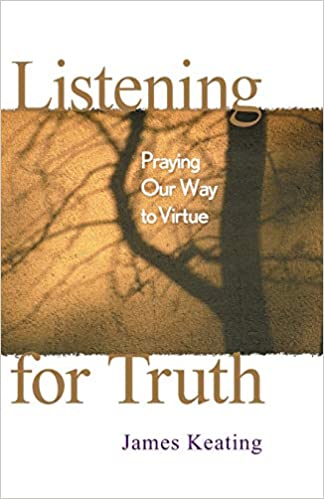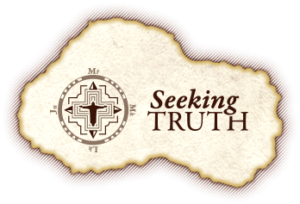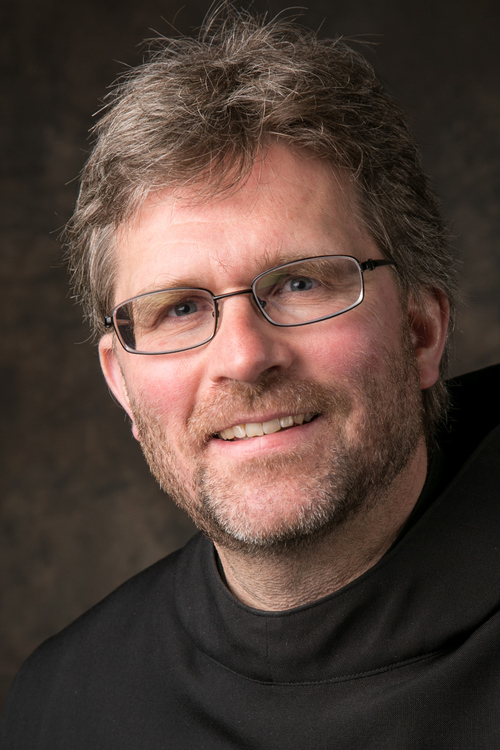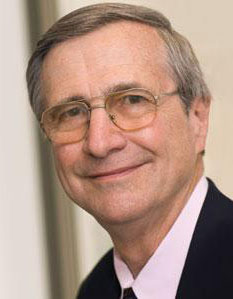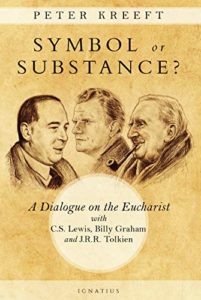Podcast: Play in new window | Download (Duration: 27:32 — 26.8MB) | Embed
Subscribe: Apple Podcasts | Spotify | Amazon Music | Android | Pandora | iHeartRadio | JioSaavn | Podchaser | Gaana | Podcast Index | Email | TuneIn | Deezer | Anghami | RSS | More
Section 3 – “Union” of Christian Meditation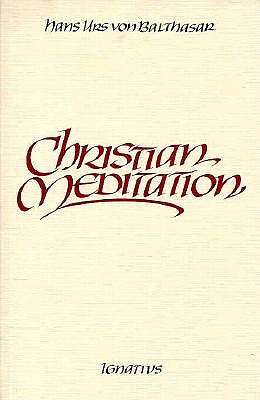
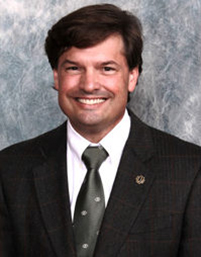
With Dr. Anthony Lilles, we discuss section 3 of Hans Urs von Balthasar’s Christian Mediation.
Balthasar: Beauty, Goodness, Truth is a series of conversations with noted theological scholars about the life and teachings of Swiss theologian Hans Urs von Balthasar who is considered to be one of the most important Catholic intellectuals and writers of the twentieth century.
Find the paperback book here
Find the e-book here
From the book description:
While von Balthasar’s classic Prayer is unparalleled in its development of the Trinitarian, Christological, Mariological and ecclesiological dimensions of prayer, Christian Meditation is a short, readable and eminently practical guide to that form of prayer which God’s revelation in Jesus Christ has made indispensable: meditation on the word of God revealing the inner depths of God to man and–since it comes from God made man–the inner depths of man to himself.
In a treatment that is both fresh and profound, Balthasar describes the central elements of all Christian meditation, provides a guide for making the meditation and then points the way to the union that prayer achieves in the footsteps of Mary, within the Church and in and for the world.
“Consequently, Christian meditation is entirely trinitarian and at the same time entirely human. In order to find God, no one need reject being human personally or socially, but in order to find God all must see the world and themselves in the Holy Spirit as they are in God’s sight.”
– Hans Urs von Balthasar
For more podcast episodes with Dr. Anthony Lilles discussing Christian Meditation – Christian Meditation Podcasts
For Audio and Text Excerpts from Christian Meditation – Audio and Text Excerpts


